Lead Acetate
Description
Lead acetate, also known as “sugar of lead” (chemical formula: Pb(C₂H₃O₂)₂), is a white crystalline compound that is highly soluble in water. It’s primarily used in small, regulated quantities in various industrial applications due to its toxicity. Here are its main applications:
1. Textile Industry
• Mordant for Dyeing: Lead acetate is used as a mordant in dyeing processes to fix dyes on textiles, especially in cotton and wool. It binds the dye to the fabric, improving color intensity and resistance to fading.
2. Chemical Reagent and Intermediate
• Laboratory Reagent: Lead acetate serves as a reagent for detecting certain chemicals and in analytical chemistry. It’s used in qualitative tests to identify sulfides, as it reacts with them to produce a black precipitate of lead sulfide.
• Synthesis of Lead Compounds: It acts as a precursor in producing other lead-based compounds, including lead chromate and lead oxide, used in various industrial and laboratory applications.
3. Hair Dye and Cosmetic Products (Historical Use)
• Progressive Hair Dye: Lead acetate was historically used in some hair dyes to gradually darken hair over time. Due to toxicity concerns, its use in cosmetics is highly regulated and largely phased out in many regions.
4. Manufacturing of Paints and Pigments
• Lead Pigments: Lead acetate is used to make pigments like lead white and lead chromate, used in specialized paints, coatings, and artist materials. These lead-based pigments are appreciated for their opacity and brightness, although their use has declined due to health risks.
5. Stabilizer in Some Plastics (Declining Use)
• Polyvinyl Chloride (PVC) Stabilizer: Lead acetate is sometimes used as a stabilizer in the manufacture of PVC. However, its use in plastics has decreased significantly because of environmental concerns and toxicity, with safer alternatives now replacing it.
6. Electroplating and Metal Finishing
• Lead Plating: In the metal industry, lead acetate is sometimes used in electroplating processes to produce a lead coating on other metals. This can protect the surface from corrosion and enhance the material’s appearance.

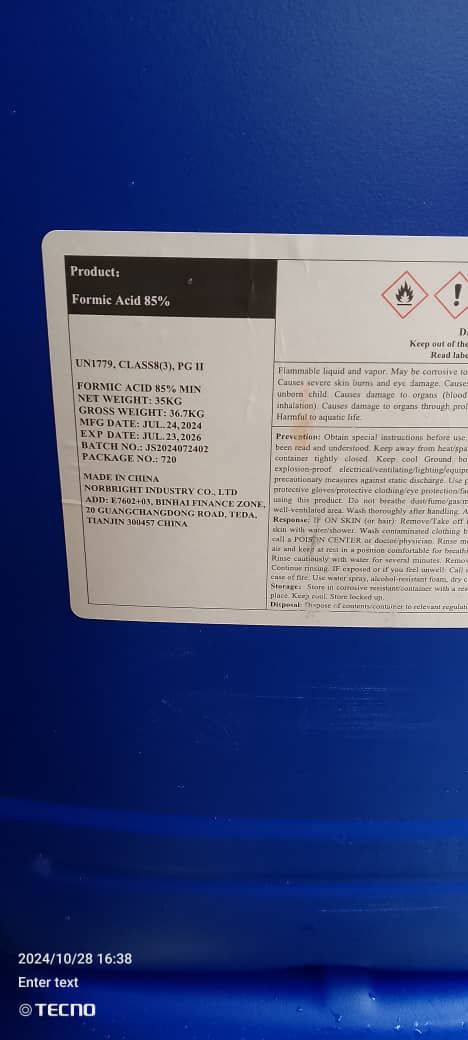
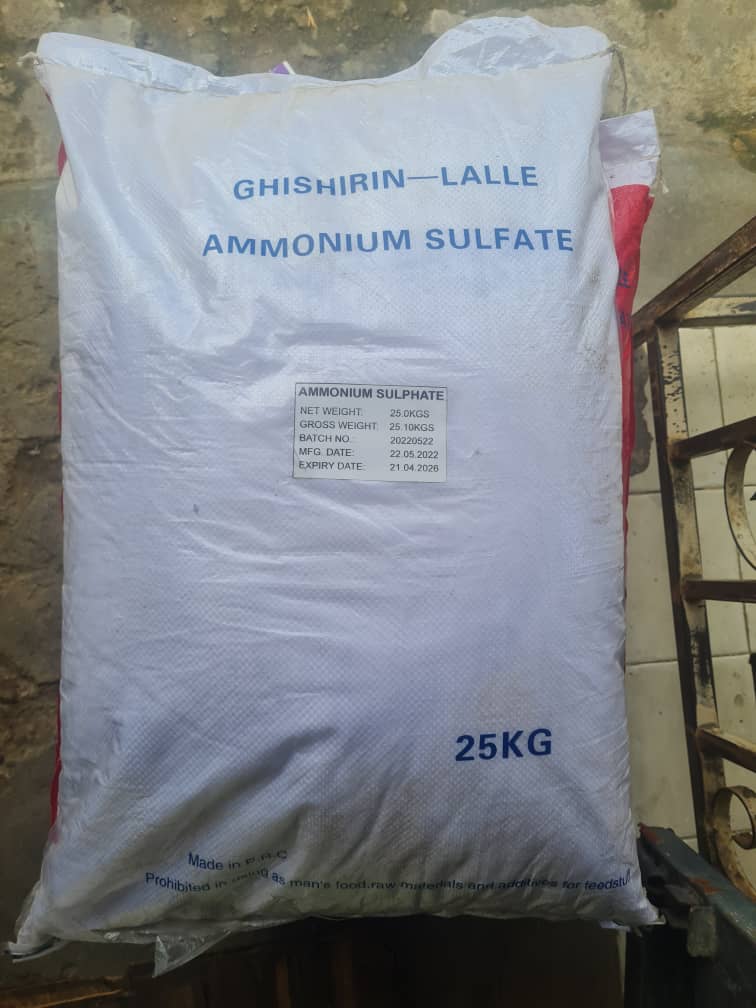
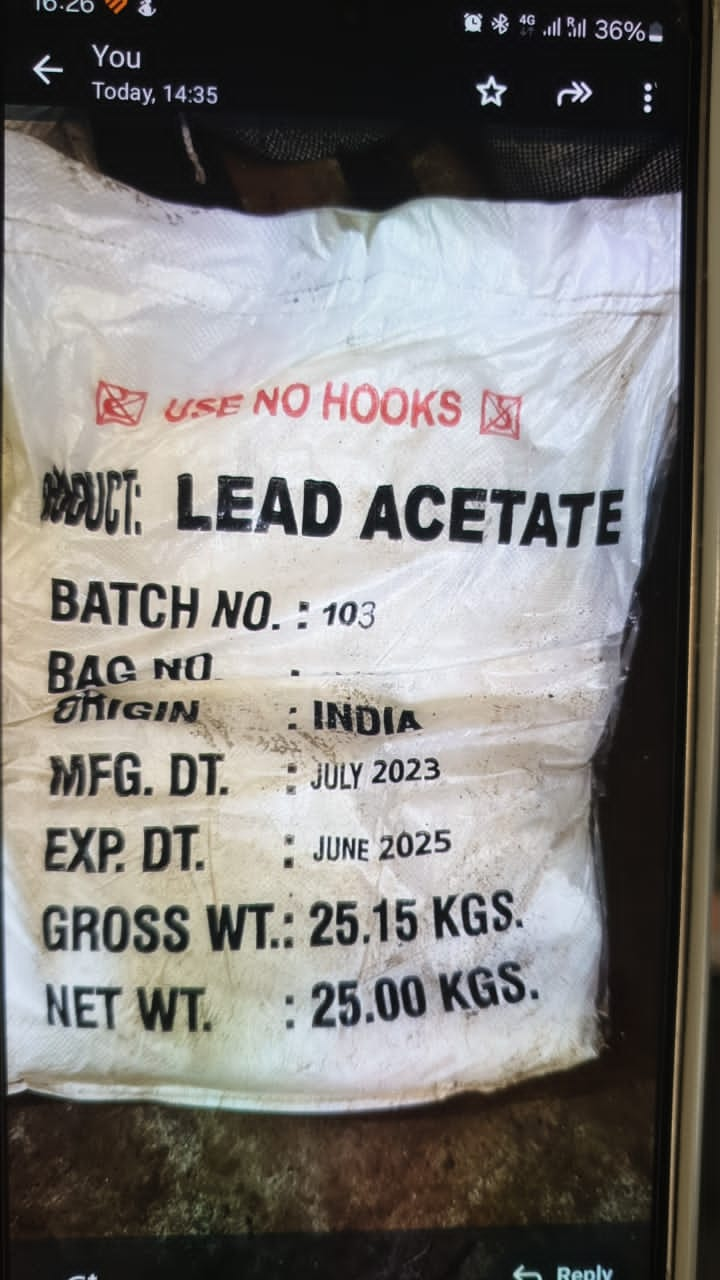
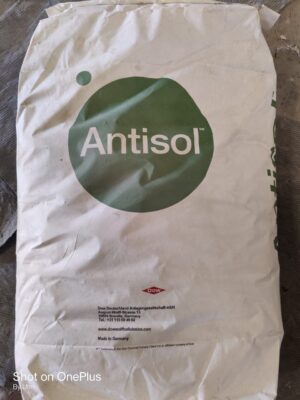
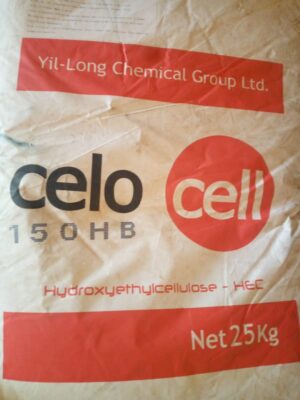
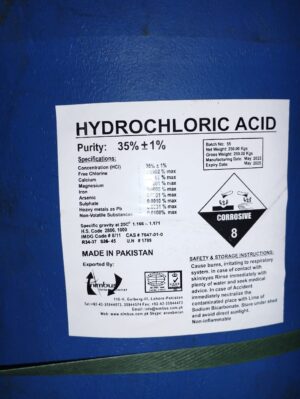
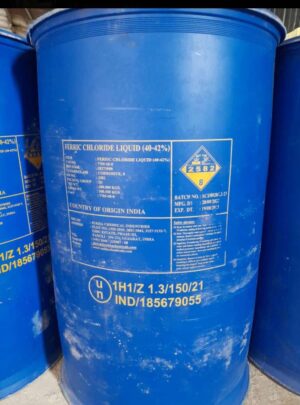
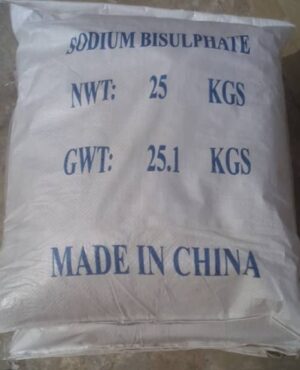
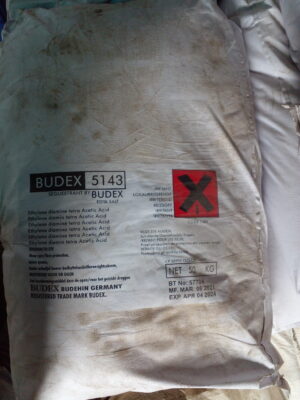
Reviews
There are no reviews yet.